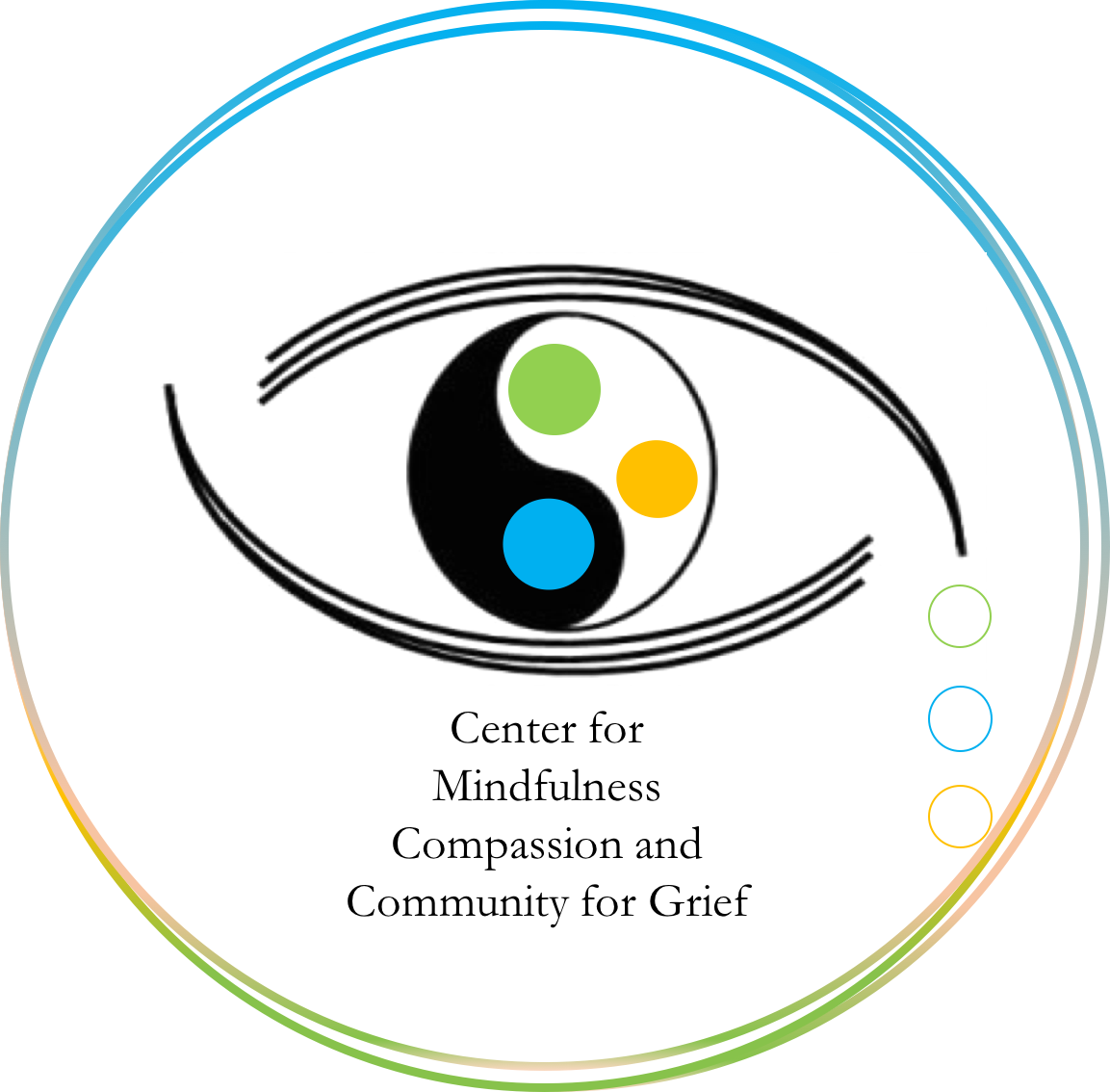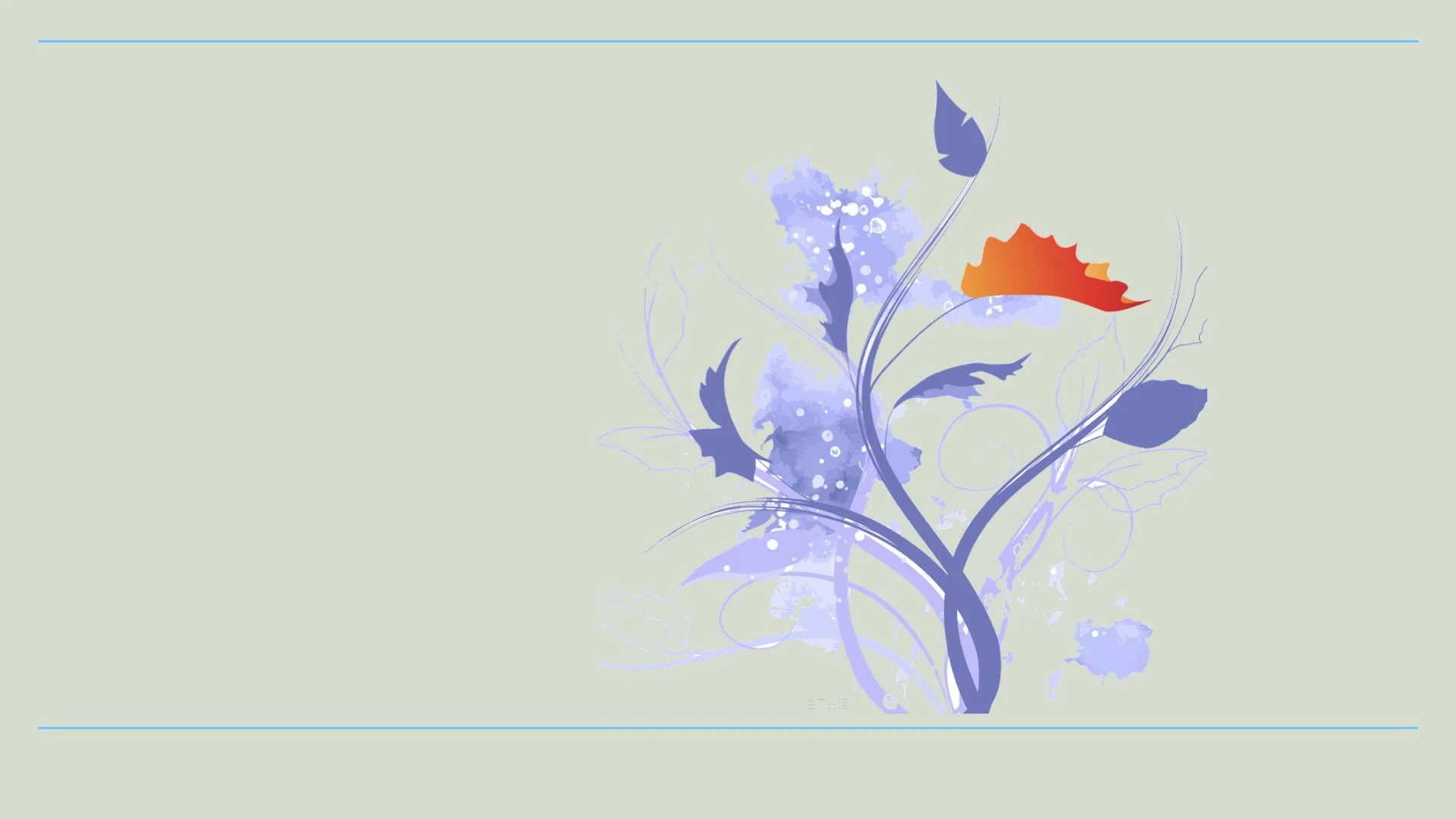I am sorry if you are feeling left out, ignored, distanced or avoided by your friends. family, or partners, while you are grieving.
To tell you the truth, I experienced this phenomenon personally each time, when my mom, dad and husband died. I heard similarly from hundreds of grieving people. It is a deeply rooted phenomenon. I have experienced friendships being strengthened with people I did not expect to be closer with after my grief.
Remain open and receive the quiet ones who remain there to be with you in grief. Let go of the ones who are not yet prepared to manage this in their own terms. It is not about you. It is about them.
Why friends leave when you’re grieving
When someone is navigating the challenging waters of grief, it can sometimes seem like friends become distant or even leave during this critical period, a phenomenon that can add layers of confusion and isolation to an already painful experience. This distancing can be attributed to a variety of reasons, each deeply human and often rooted in discomfort and uncertainty.
One of the primary reasons friends may step back is due to their own discomfort with grief and not knowing what to say or do. For many, death and loss are taboo topics, rarely discussed openly. This lack of experience and understanding can leave friends feeling helpless or afraid of saying the wrong thing, leading them to unintentionally create distance in an attempt to avoid causing more pain. They may believe that giving space is respectful or helpful, not realizing that their presence, rather than their words, is often what's most needed.
Additionally, witnessing a friend in profound pain can be a confronting reminder of one's own vulnerability to loss, prompting some individuals to retreat into self-preservation. This reaction is not a reflection of their feelings for the person grieving but rather an unconscious defense mechanism against their own fears. Despite these challenges, it's important to remember that genuine connections can withstand the tests of grief. Open communication about needs and feelings can sometimes bridge the gap, helping friends understand how to support each other through the darkest times. In moments of grief, the truest forms of friendship can either be forged stronger or recognized for their fragility.
Why partners leave when you’re grieving
Grieving is an intensely personal and profound experience that can deeply affect one's life, behaviors, and relationships. When a person is navigating through the maze of grief, the emotional turmoil they experience can place a significant strain on their relationships, including those with their partners. Unfortunately, this strain can sometimes lead to a partner leaving during what is arguably one of the most challenging times in a person's life. Understanding why this happens requires a compassionate look at both the grieving individual and their partner.
Grief can dramatically change a person's emotional landscape and daily functioning. Those in mourning may withdraw, understandably move through mood changes, or be interpreted by the other person as a change in personality as they deal with their loss. This transformation can be bewildering and overwhelming for some partners, for reasons that may not even be related to the grieving person. The partner may feel alienated, helpless, or neglected, and unprepared to support themselves or the grieving partner, in a way that the grieving person hopes for. The grieving process does not have a set timeline or a one-size-fits-all approach, making it difficult for some partners to know how to support their loved one. This uncertainty and the emotional distance that can develop may lead some partners to feel disconnected, questioning their place in the relationship and, in some cases, choosing to leave.
Moreover, it's important to recognize that each person's capacity for empathy and support varies. Some individuals might not have the emotional resilience or understanding to stand by their partner through the grieving process. In other scenarios, the relationship may have already been strained prior to the grief, and the added stress serves to further expose or exacerbate existing issues. Additionally, in facing their partner's vulnerability and mortality so vividly, some may confront their own fears and insecurities, leading them to withdraw.
While it's a deeply unfortunate outcome, it's essential for those grieving to seek support from those who can provide it, whether that be friends, family, support groups, or professional counseling or guidance. Healing from grief is a profoundly personal journey. It is crucial to surround oneself with understanding and patience, both from within and from those around.
When family members distance your grief
When a loved one is navigating through the waves of grief, the reactions and behaviors of those around them, particularly family members, can often seem perplexing or even hurtful. This distancing, whether emotional or physical, that some family members exhibit towards a grieving individual, can stem from a variety of reasons, each deeply human and complex in its own right.
Firstly, discomfort with grief is a common factor. Many people find themselves at a loss for words or actions when faced with the raw, unfiltered emotions of grief. This discomfort arises from a lack of experience or understanding of how to support someone in mourning. In Western cultures especially, where death and grief are often sanitized and hidden away, this discomfort is exacerbated. Family members may distance themselves simply because they do not know how to be present in a way that is helpful.
Moreover, witnessing a loved one in pain can trigger personal fears and vulnerabilities about loss and mortality. For some family members, engaging closely with someone who is grieving forces them to confront their own feelings about death, which they may not be prepared to do. As a defense mechanism, they create emotional distance to protect themselves from these difficult emotions. Additionally, each person's grief journey is unique, and what one person finds comforting, another might find overwhelming or distressing. This diversity in coping mechanisms can lead to misunderstandings and miscommunication within families, further contributing to the sense of distance.
Importantly, this distancing behavior is not usually a reflection of a lack of love or care.
Rather, it's indicative of the complex nature of human emotions and relationships.
Effective communication can often bridge this gap, as can seeking support from grief counselors, guides, or support groups, who can offer strategies to navigate these challenging dynamics. Understanding and patience from all sides can help in slowly rebuilding connections and ensuring that the grieving individual feels supported and understood, even in the midst of their pain.
Yasemin Isler ©2024 www.griefcircles.com




















